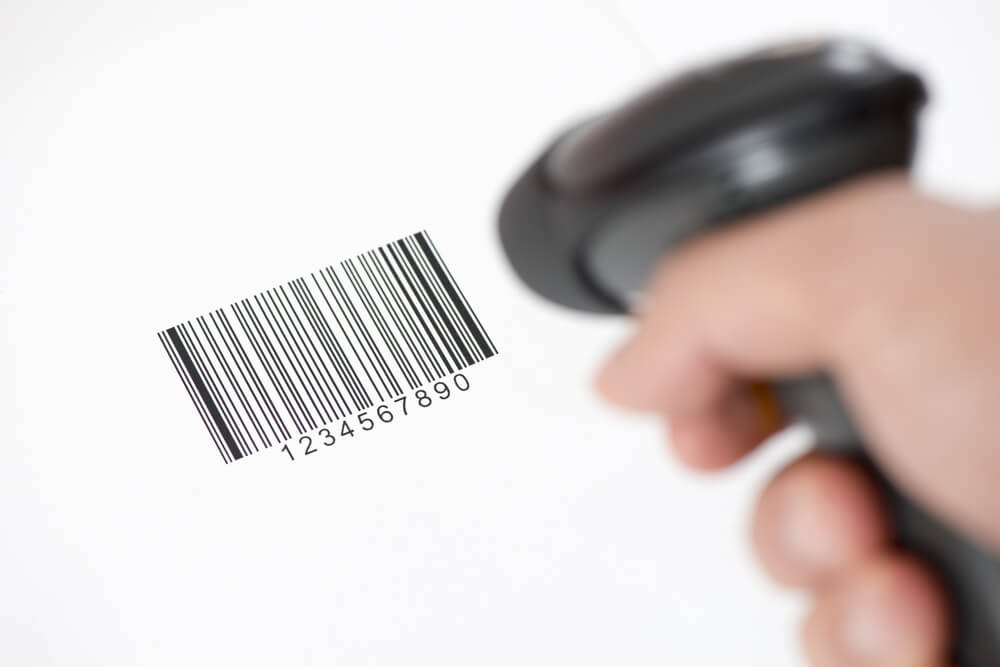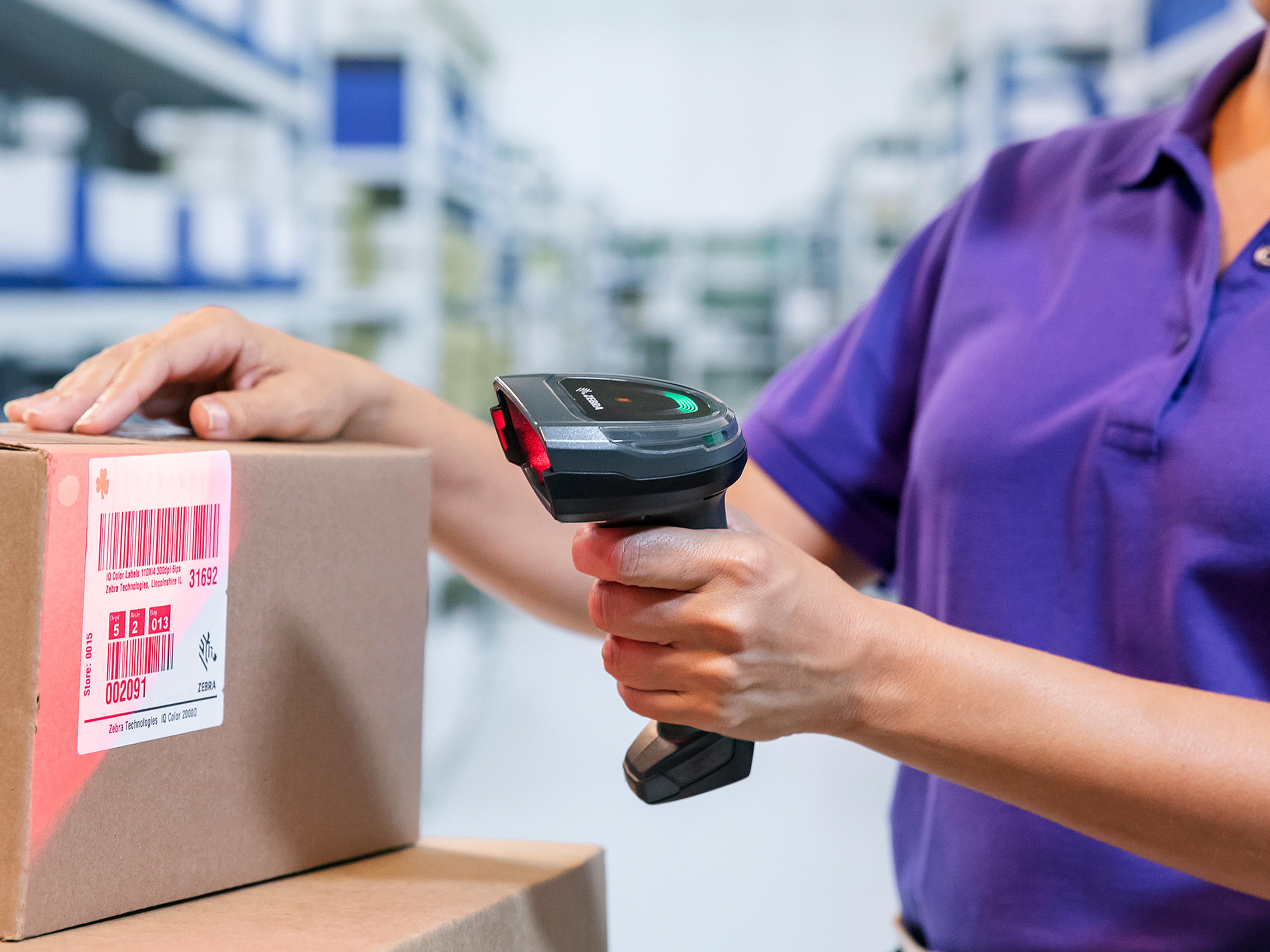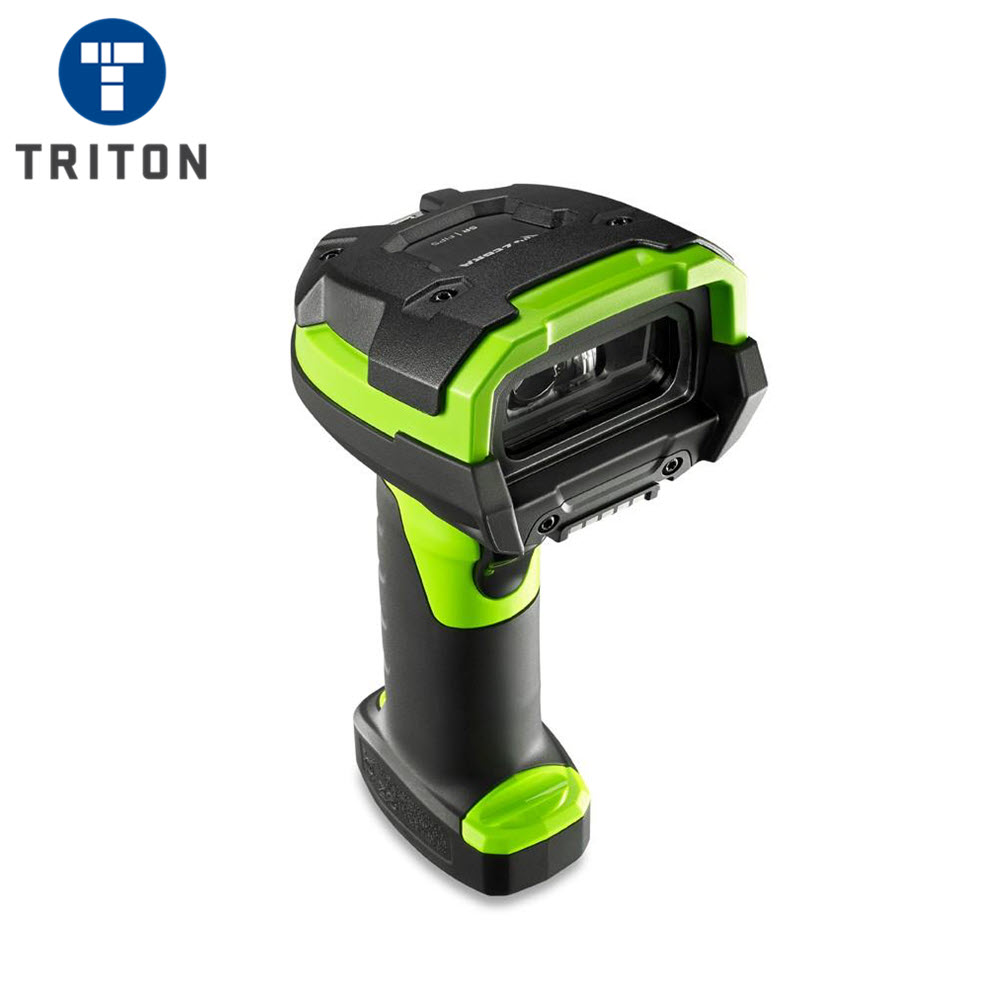Picking the Right Barcode Scanner for Your Service Demands
Picking the appropriate barcode scanner for your business needs a nuanced understanding of your details operational needs and environmental conditions. Aspects such as scanner kind, rate, and compatibility with existing systems play a crucial duty in determining the right selection.
Comprehending Barcode Scanner Types
When it concerns selecting a barcode scanner, understanding the numerous kinds offered is vital for meeting particular business needs. Barcode scanners can be classified into several kinds, each made for various applications and atmospheres.
Fixed-mount scanners, on the various other hand, are created for high-volume scanning applications, frequently located in assembly lines or check out counters. These scanners are placed in a fixed setting, allowing for fast scanning of multiple products in sequence.
One more kind is the mobile computer, which incorporates scanning capabilities with calculating power. These devices are suitable for field operations or warehouse administration, enabling data collection and real-time supply tracking. In addition, there are industrial scanners that are built to hold up against extreme environments, such as extreme temperature levels or exposure to dust and dampness.

Secret Functions to Take Into Consideration
What essential functions should services prioritize when picking a barcode scanner? Scanning speed is crucial, as faster scanners improve operational efficiency, especially in high-volume atmospheres. The scanner's capability to review various barcode formats is also vital; guarantee it sustains popular types like QR codes, UPC, and Code 128 to accommodate varied supply things.
Durability is another essential feature, particularly for businesses in rugged setups. Try to find designs that are constructed to withstand drops, dirt, and wetness. Furthermore, consider the connection alternatives readily available; whether you favor USB, Bluetooth, or Wi-Fi, the ideal connectivity can boost assimilation with existing systems.

Examining Your Service Environment
To successfully choose a barcode scanner, services should analyze their particular functional atmosphere. This analysis includes examining the physical layout of the office, the nature of the items being scanned, and the typical problems under which scanning occurs. A retail setting might call for handheld scanners that can promptly process purchases at the check out, while a storage facility setting may profit from ruggedized scanners created to endure harsher problems.
Additionally, take into consideration the quantity of scanning her explanation called for. High-throughput environments might demand advanced scanning modern technologies, such as fixed-position scanners or mobile gadgets that can operate effectively in fast-paced circumstances. The assimilation capabilities with existing supply monitoring systems additionally play a critical duty; make certain the chosen scanner can effortlessly get in touch read here with software application platforms being used.
A scanner that satisfies existing needs might not be enough as service expands. By extensively evaluating these variables, services can pick a barcode scanner that not only fulfills instant demands however likewise sustains long-term operational performance and versatility. barcodes scanners.
Budgeting for Your Scanner
Having evaluated the operational environment and determined the details requirements for a barcode scanner, the following action entails mindful budgeting to ensure a wise financial investment. Developing a spending plan begins with identifying the total prices related to the scanner, consisting of preliminary purchase rate, functional expenditures, and prospective maintenance costs.
When picking a barcode scanner, think about the variety of readily available alternatives, from handheld tools to fixed-position scanners, as costs can vary substantially. It is vital to balance price with performance; going with a much more economical version may cause raised operational inadequacies if it does not fulfill your company requirements.
In addition to the equipment, consider costs associated with software, training, and prospective upgrades. While it may be alluring to minimize upfront expenditure, purchasing a top quality scanner that straightens with your functional needs can yield long-term financial savings via boosted efficiency and minimized downtime.
Finally, find out this here take into consideration the complete cost of possession, which incorporates the scanner's lifespan and possible resale value. By meticulously intending your budget, you can make certain that your investment in a barcode scanner will improve your operational efficiency and financial performance.
Integration With Existing Equipment
Incorporating a barcode scanner with your existing systems is critical for optimizing its performance and ensuring smooth operations. barcodes scanners. A well-integrated scanner boosts process efficiency, decreases errors, and increases information handling. When selecting a barcode scanner, take into consideration compatibility with your existing software application and hardware framework, including your inventory management systems, point-of-sale (POS) systems, and enterprise resource preparation (ERP) remedies
Review whether the scanner uses conventional procedures such as USB, Bluetooth, or Wi-Fi, which can help with simple combination. Additionally, analyze whether the scanner's software program offers APIs or SDKs that allow for customization and integration with proprietary systems. This is specifically important for organizations with unique operational demands.
Furthermore, consider the scalability of the scanning option. As your business expands, your systems need to have the ability to suit extra scanners and manage enhanced data volumes without significant reconfiguration. Ultimately, buying a barcode scanner that effortlessly integrates with your existing systems will produce long-term advantages, boosting precision, effectiveness, and general efficiency within your operations. Put in the time to extensively assess your combination requires prior to making a purchase choice.

Conclusion
In conclusion, selecting a suitable barcode scanner demands a comprehensive assessment of various elements, consisting of scanner types, essential functions, and the details company atmosphere. The ideal barcode scanner serves as an essential tool in enhancing procedures and helping with efficient supply monitoring.